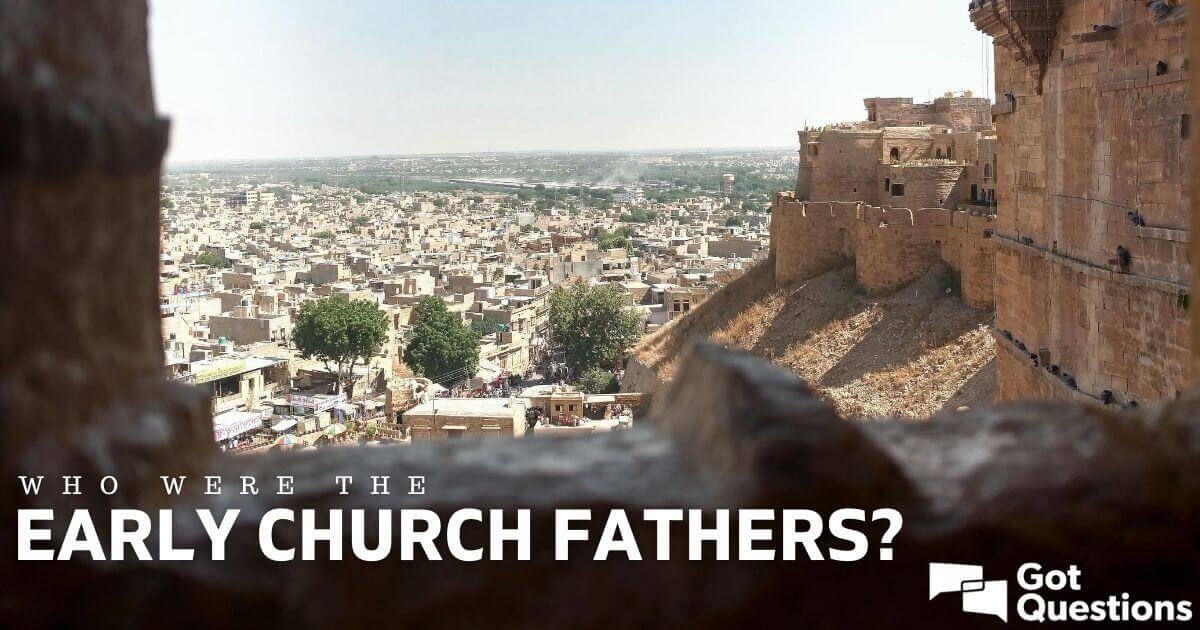The Learner
Well-Known Member
The real nature of Arius and the Watchtower today,
"
To his dearly beloved and most honoured fellow-ministers of the Catholic Church in every place, Alexander sends health in the Lord.
1. As there is one body of the Catholic Church, and a command is given us in the sacred Scriptures to preserve the bond of unity and peace, it is agreeable thereto that we should write and signify to one another whatever is done by each of us individually; so that whether one member suffer or rejoice, we may either suffer or rejoice with one another. Now there are gone forth in this diocese, at this time, certain lawless men, enemies of Christ, teaching an apostasy, which one may justly suspect and designate as a forerunner of Antichrist. I was desirous to pass such a matter by without notice, in the hope that perhaps the evil would spend itself among its supporters, and not extend to other places to defile the ears of the simple. But seeing that Eusebius, now of Nicomedia, who thinks that the government of the Church rests with him, because retribution has not come upon him for his desertion of Berytus, when he had cast an eye of desire on the Church of the Nicomedians, begins to support these apostates, and has taken upon him to write letters every where in their behalf, if by any means he may draw in certain ignorant persons to this most base and antichristian heresy; I am therefore constrained, knowing what is written in the law, no longer to hold my peace, but to make it known to you all; that you may understand who the apostates are, and the cavils which their heresy has adopted, and that, should Eusebius write to you, you may pay no attention to him, for he now desires by means of these men to exhibit anew his old malevolence , which has so long been concealed, pretending to write in their favour, while in truth it clearly appears, that he does it to forward his own interests.
2. Now those who became apostates are these, Arius, Achilles, Aeithales, Carpones, another Arius, and Sarmates, sometime Presbyters: Euzoïus, Lucius, Julius, Menas, Helladius, and Gaius, sometime Deacons: and with them Secundus and Theonas, sometime called Bishops. And the novelties they have invented and put forth contrary to the Scriptures are these following:— God was not always a Father , but there was a time when God was not a Father. The Word of God was not always, but originated from things that were not; for God that is, has made him that was not, of that which was not; wherefore there was a time when He was not; for the Son is a creature and a work. Neither is He like in essence to the Father; neither is He the true and natural Word of the Father; neither is He His true Wisdom; but He is one of the things made and created, and is called the Word and Wisdom by an abuse of terms, since He Himself originated by the proper Word of God, and by the Wisdom that is in God, by which God has made not only all other things but Him also. Wherefore He is by nature subject to change and variation as are all rational creatures. And the Word is foreign from the essence of the Father, and is alien and separated therefrom. And the Father cannot be described by the Son, for the Word does not know the Father perfectly and accurately, neither can He see Him perfectly. Moreover, the Son knows not His own essence as it really is; for He is made for us, that God might create us by Him, as by an instrument; and He would not have existed, had not God wished to create us. Accordingly, when some one asked them, whether the Word of God can possibly change as the devil changed, they were not afraid to say that He can; for being something made and created, His nature is subject to change.
3. Now when Arius and his fellows made these assertions, and shamelessly"
 www.newadvent.org
www.newadvent.org
"
To his dearly beloved and most honoured fellow-ministers of the Catholic Church in every place, Alexander sends health in the Lord.
1. As there is one body of the Catholic Church, and a command is given us in the sacred Scriptures to preserve the bond of unity and peace, it is agreeable thereto that we should write and signify to one another whatever is done by each of us individually; so that whether one member suffer or rejoice, we may either suffer or rejoice with one another. Now there are gone forth in this diocese, at this time, certain lawless men, enemies of Christ, teaching an apostasy, which one may justly suspect and designate as a forerunner of Antichrist. I was desirous to pass such a matter by without notice, in the hope that perhaps the evil would spend itself among its supporters, and not extend to other places to defile the ears of the simple. But seeing that Eusebius, now of Nicomedia, who thinks that the government of the Church rests with him, because retribution has not come upon him for his desertion of Berytus, when he had cast an eye of desire on the Church of the Nicomedians, begins to support these apostates, and has taken upon him to write letters every where in their behalf, if by any means he may draw in certain ignorant persons to this most base and antichristian heresy; I am therefore constrained, knowing what is written in the law, no longer to hold my peace, but to make it known to you all; that you may understand who the apostates are, and the cavils which their heresy has adopted, and that, should Eusebius write to you, you may pay no attention to him, for he now desires by means of these men to exhibit anew his old malevolence , which has so long been concealed, pretending to write in their favour, while in truth it clearly appears, that he does it to forward his own interests.
2. Now those who became apostates are these, Arius, Achilles, Aeithales, Carpones, another Arius, and Sarmates, sometime Presbyters: Euzoïus, Lucius, Julius, Menas, Helladius, and Gaius, sometime Deacons: and with them Secundus and Theonas, sometime called Bishops. And the novelties they have invented and put forth contrary to the Scriptures are these following:— God was not always a Father , but there was a time when God was not a Father. The Word of God was not always, but originated from things that were not; for God that is, has made him that was not, of that which was not; wherefore there was a time when He was not; for the Son is a creature and a work. Neither is He like in essence to the Father; neither is He the true and natural Word of the Father; neither is He His true Wisdom; but He is one of the things made and created, and is called the Word and Wisdom by an abuse of terms, since He Himself originated by the proper Word of God, and by the Wisdom that is in God, by which God has made not only all other things but Him also. Wherefore He is by nature subject to change and variation as are all rational creatures. And the Word is foreign from the essence of the Father, and is alien and separated therefrom. And the Father cannot be described by the Son, for the Word does not know the Father perfectly and accurately, neither can He see Him perfectly. Moreover, the Son knows not His own essence as it really is; for He is made for us, that God might create us by Him, as by an instrument; and He would not have existed, had not God wished to create us. Accordingly, when some one asked them, whether the Word of God can possibly change as the devil changed, they were not afraid to say that He can; for being something made and created, His nature is subject to change.
3. Now when Arius and his fellows made these assertions, and shamelessly"
CHURCH FATHERS: The Deposition of Arius (Athanasius)
Featuring the Church Fathers, Catholic Encyclopedia, Summa Theologica and more.





